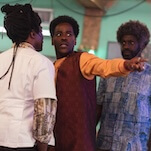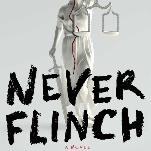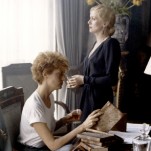Dan Auiler: Hitchcock's Notebooks

The title of Dan Auiler's book Hitchcock's Notebooks is awfully misleading. As Auiler himself writes in the second sentence of chapter one, "[Hitchcock] kept no diaries, journals, or meditations on his art." What, then, did Auiler—a respected critic and author of the definitive Vertigo: The Making Of A Hitchcock Classic—find to fill this tome's 500-odd pages? It turns out that while the legendary director didn't keep many records himself, he was diligent in describing or dictating his wants and needs to his various collaborators, writers, secretaries, and studio heads. In other words, the worth of the scattered comments and short letters found in Hitchcock's Notebooks will vary according to your interest in the filmmaker and his films: It's hard to imagine all but the most devoted scholars digesting all these lengthy second-hand comparisons of screenplay drafts. Auiler offers very little analysis, an odd omission considering that Hitchcock is one of the most technically and psychologically complex directors of all time. While it's interesting to read that he was subjected to the same studio machinations with which contemporary filmmakers must struggle, it's never stated exactly why Hitchcock, for example, fights for one particular ending over another, or for one particular draft. Hitchcock's Notebooks was sanctioned by the director's estate, so perhaps his guardians wanted to keep the personal revelations to a minimum. But in any case, the only real surprises here are related to Hitchcock's lost (The Mountain Eagle) or unfinished (Kaleidoscope, an early version of what would later become Frenzy) works, though the collected storyboards and rare transcripts of discussions are amazing.






































